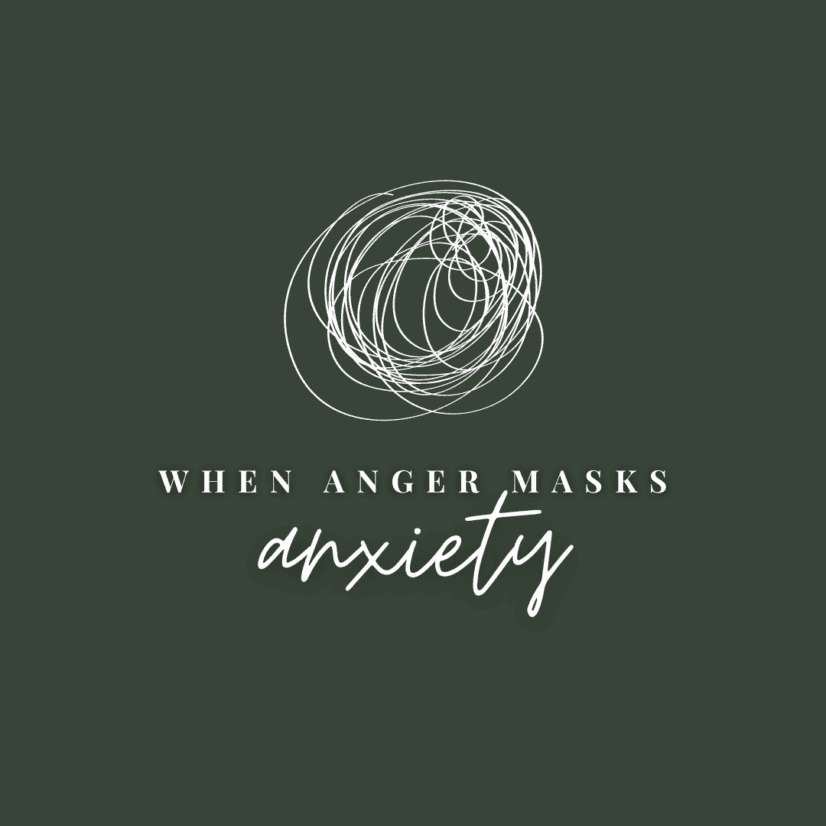Anxiety can have many faces. Sometimes it can look a lot like anger. This can be confusing to the person experiencing anger, as well as those around the “angry” person. Or it could be that someone dear to you seems angry often, bruising or even severing the relationship.
What if the source of this angry behavior was anxiety? Would this alter the way you see yourself or react to others? How would you feel about this person or yourself?
When anger masks underlying anxiety, attacking anxiety can accelerate success. Diagnosis is key to treatment. Understanding is the foundation for relationship repair. It can be a game changer in managing one’s intra and interpersonal relationships.
What are the triggers that cause anxiety and then the anger response? The most common trigger for anxiety is ambiguity or uncertainty. When we are uncertain our thoughts turn to figuring it out, and the anxious cycles of “what-if’s” begin. If unchecked, anxiety can gain dominance in our minds, and our emotions can begin to act like a run-away train. The distress that is generated often shows up as irritability and anger.
Skill building gives the client the ability to interrupt escalating anxiety which leads to inappropriate anger.
Coming in for therapy is key, but you can begin today by applying two of the many skills that can be helpful:
- When strong anxiety begins, sit down and begin to write out answers to this question, “If I were angry, what would I be angry about?” The speculation interrupts the escalation and allows logic the place of dominance.
- Then reflect on the experience of writing the list. How are you feeling now? Has your anxiety level dropped?
Whether the anger is anxiety based or a case for anger management, resolving emotional escalation is one of the best gifts you can give yourself.
Written by: Sheri Schulze

